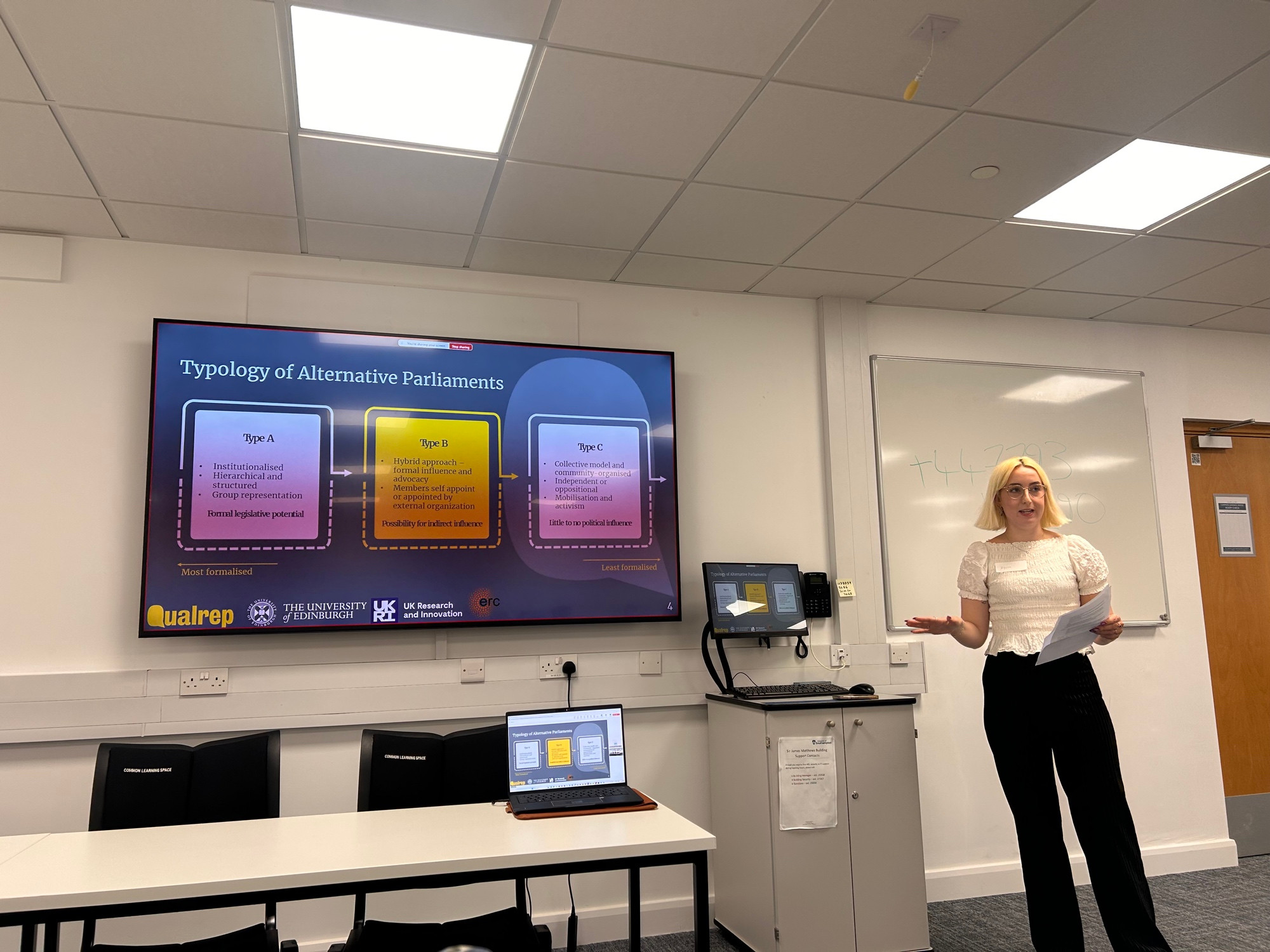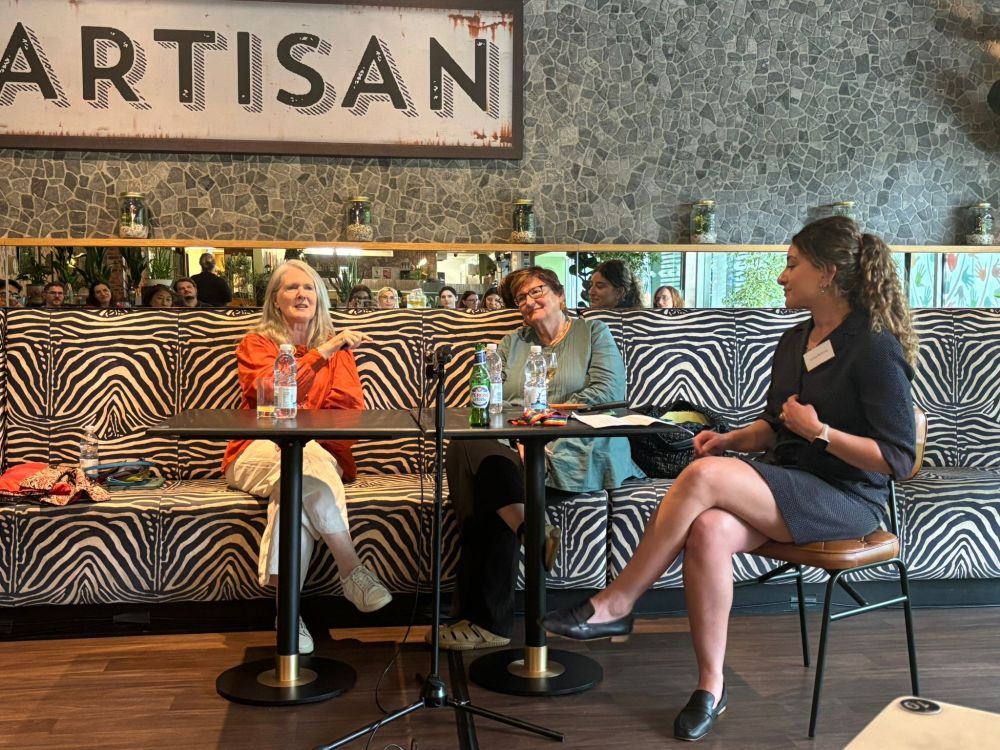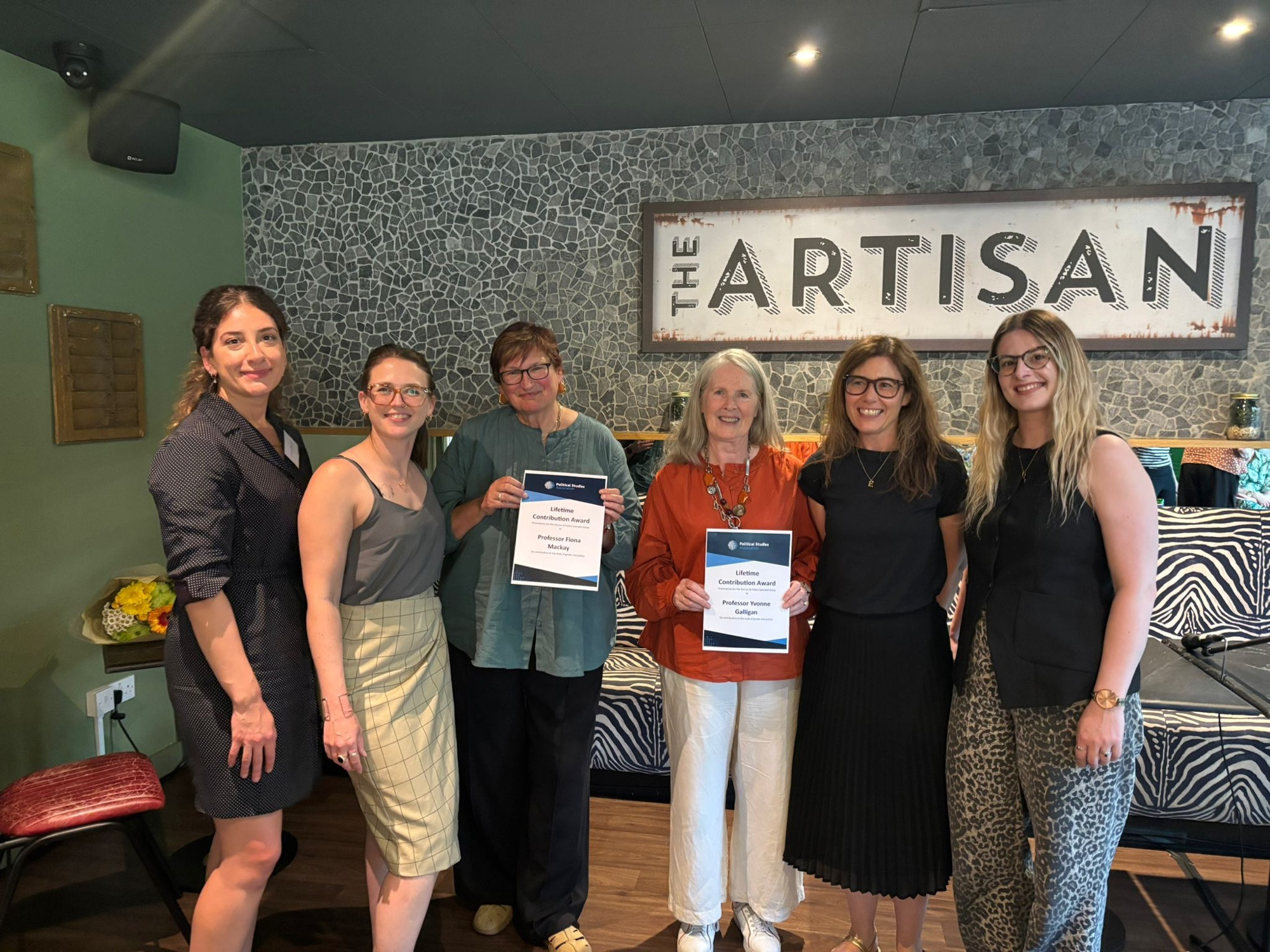Welcome to the GAIN Research Centre’s blog! Here we give updates from events, reflections, and showcase related research.
Latest Posts
-
Reflections from the PSA Women & Politics Annual Conference 2025
This June, the Gender and Inequalities (GAIN) Centre at the University of Southampton had the pleasure of hosting the Political Studies Association (PSA) Women and Politics Annual Conference 2025. Taking place on the 17th and 18th of June in our Sir James Matthews Building, the event brought together scholars working across disciplines to explore current challenges and developments in gender and politics.
With the theme “Troubled Times: Gender and Politics in the 21st Century,” the conference focused on understanding contemporary backlashes against gender equality, as well as the strategies of resistance and activism that continue to push for change. The conference was jointly organised by GAIN and the PSA Women and Politics specialist group, reflecting our shared commitment to research that addresses gendered inequalities in politics and society.
Gender Politics in a Changing World

Alt text: Khatera Yekta discussing her work on women’s roles in peace negotiations in Afghanistan The conference opened with a panel on feminist participation and state engagement, with research presentations ranging from women’s roles in peace negotiations in Afghanistan, to democratic deepening through feminist counterpublics, and the political history of working-class organising in colonial Ceylon. These contributions laid the groundwork for broader conversations on how feminist movements have engaged with political institutions in different historical and cultural contexts.
Subsequent panels examined the resurgence of anti-feminist politics, gendered policymaking, and democratic backsliding in the UK, Latin America, and the Global South. A recurring theme was how institutional and cultural dynamics intersect to shape the progress and retrenchment of gender equality in policymaking and political life.
Alt text: Alyssa Martin discusses her research on the Scottish Carer’s Parliament Tuesday’s final session explored the relationship between cultural attitudes and gender-based inequality, including papers on sexism in sport, interventions with young men, and shifting public attitudes. These discussions highlighted the importance of cultural change alongside policy reform, and pointed to new directions in research and practice.
Wednesday morning’s panels focused on representation and political participation, with papers covering media narratives of female political figures, local government reforms, and gender quotas. The diversity of topics reflected the interdisciplinary nature of the conference, with a range scholars such as political scientists, sociologists, historians, and media whom all examine our broader understanding of how gender operates in society.

Alt text: Sanwal Hussain Kharl points to his presentation on technology on women’s political participation in Pakistan Celebrating Academic Contributions
Alt text: Professors Yvonne Galligan and Fiona Mackay sit at the front of a room to discuss their career with colleagues and conference attendees, chaired by Dr Emilia Belknap A highlight of the conference was a special ‘In Conversation’ event and reception celebrating the retirements of Professor Fiona Mackay (University of Edinburgh) and Professor Yvonne Galligan (Technological University Dublin). Both have played foundational roles in the development of gender and politics scholarship in the UK and Ireland. The conversation Chaired by Dr Emilia Belknap offered insights into how the field has evolved over time, and what lies ahead for the next generation of scholars. We were pleased to be able to honour their contributions in the company of colleagues, collaborators, and former students.
Alt text: Professors Yvonne Galligan and Fiona Mackay receive an award for their lifetime contribution to politics. From L-R, Emilia Belknap, Jess Smith. Fiona Mackay, Yvonne Galligan, Elizabeth Evans and Leah McCabe Interdisciplinary Exchange
Across both days, the conference facilitated a wide range of discussions, from feminist foreign policy and nationalism, to queer political representation and global crises. Presenters and attendees came from across the UK and Europe, with many institutions represented and a strong showing of early career researchers. The atmosphere was collegial and thoughtful, with plenty of opportunities for questions, discussion, and future collaboration.

Alt text: Professor Jennifer Piscopo presents their research on gender and democratic resilience GAIN is committed to fostering interdisciplinary research on gender and inequalities, and the conference reflected this mission. As a centre, we aim to connect research with real-world policy and practice, and we were pleased to host an event that balanced scholarly analysis with contemporary relevance.
Thank You
We would like to extend our thanks to our co-organisers at the PSA Women and Politics specialist group, to all of the presenters and attendees, and to those who contributed to the smooth running of the event. We’re especially grateful to the chairs who facilitated insightful discussions and to those who contributed to the celebration of Professors Mackay and Galligan.

Alt text: The audience at the conference showing a room of attendees If you’d like to follow more of our work, you can find us on Bluesky or visit our institutional pages. We look forward to future collaborations and continuing the conversation around gender, power, and inequality.
-
✴︎ 31 July 2025
Tags
✴︎ Event



